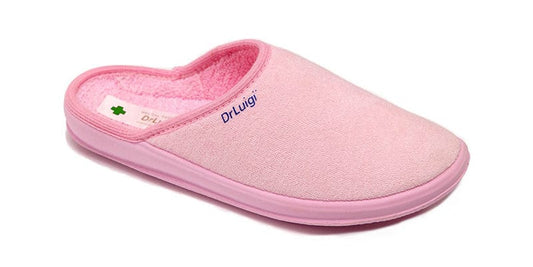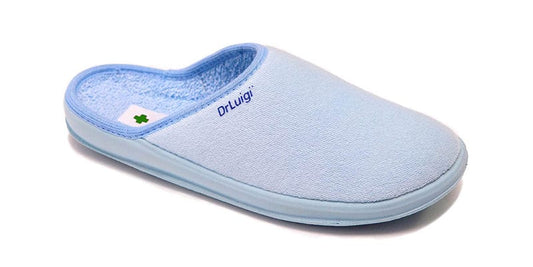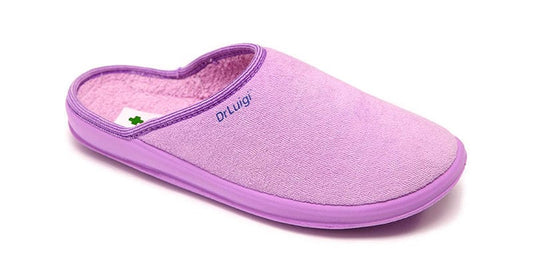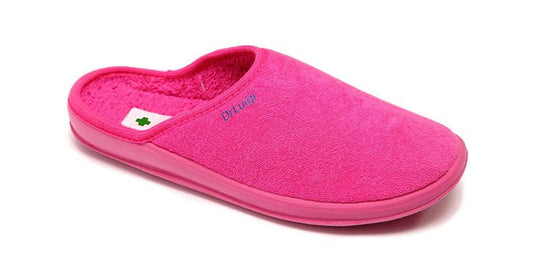Eczema is a persistent skin irritation characterized by a wide range of uncomfortable symptoms, including intense dryness, and itching in the affected areas.
Although the term eczema is sometimes used to describe different types of dermatitis, atopic dermatitis is the most typical cause of the condition.
Atopic dermatitis can be brought on by any of the following:
genetic propensity
malfunction of the immune system and
external influences.
Lack of NMF, ceramides, and lipids in the skin, or reduced barrier function, are characteristics of atopic skin.
Because of this, there is an increase in trans epidermal water loss, which causes the skin to become dehydrated and noticeably dry.
There is also an increase in the penetration of external irritants, allergens, and microbes, which can cause inflammation and increase skin
sensitivity.
Symptoms
Atopic dermatitis symptoms can arise anywhere on the body and differ from person to person.
Children can get eczema on their hands and feet, particularly on the tops of their limbs, while in adults, the skin folds are most frequently affected (eg the neck, inner parts of the elbows and knees, eyelids).
They manifest as: itchy rash blisters, thickening of the skin, and dry, cracked skin.
Scratching causes the skin to develop scratches and even wounds, which are frequently vulnerable to bacterial superinfection.
In those with atopic dermatitis, the epidermal layer loses too much moisture, causing the skin to become extremely dry and less able to defend itself.
As a result, the appearance of different infections—most frequently caused by staphylococcus—viral
skin infections, and fungal skin infections—are the most frequent side effects of atopic dermatitis.
Irritative elements
Irritants are chemicals that cause immediate skin irritation. They induce skin inflammation and redness when used in high concentrations or when consumed for an extended period.
Eczema can be brought on by irritants, but they can also make it worse. From person to person, irritants can have different effects on the skin.
Irritants include:
synthetic perfumes,
chemical soaps and detergents.
shampoos, soaps, and other items for personal care
cosmetics
cleaners with chlorine
Solution
The therapy is intended to prevent dry skin, relieve itching, and prevent complications of the disease because there is no known cure for this condition.
Avoiding elements known to increase the risk of the condition worsening, such as skin contact with synthetic materials, harsh soaps, alcohol preparations, and wool, as well as avoiding exposure to irritants, are considered general measures (detergents, softeners, soaps...).
The issue is frequently made worse by dry skin, so it is crucial to prevent excessive drying of the skin by avoiding too hot water, taking long baths, and using traditional soaps while practicing daily hygiene.
Instead, people utilize oil baths and skin cleansers with a pH of 5.5 to 6.5.

After bathing, it's important to use urea, omega fatty acids, lipids, zinc, and copper-containing creams, ointments, or emulsions that are neutral preparations
for greasing and hydrating the skin.
Nevertheless, it's crucial to emphasize that neutral preparations absorb better when applied to moist skin.
Additionally helpful are moist compresses prepared from boiled and cooled water.





